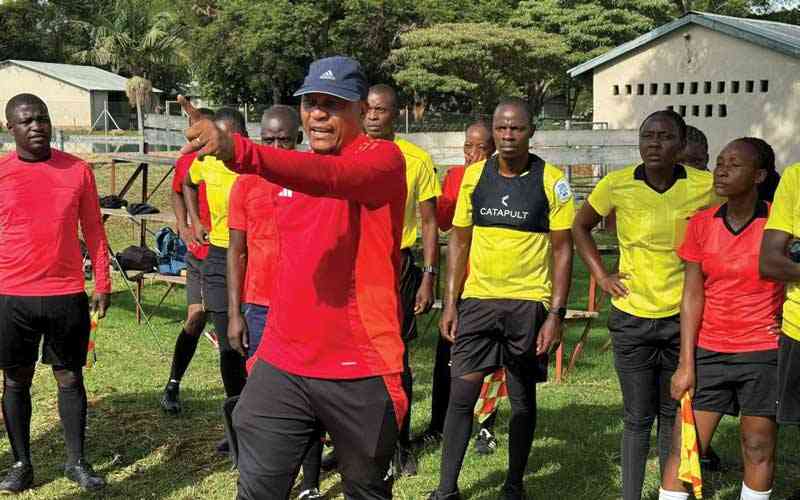
ZIMBABWE stands on the brink of losing out on the benefits of neighbouring South Africa’s hosting of next year’s football World Cup finals unless there is a change in the country’s fortunes soon.
The country’s tourism fraternity was hoping that the sector would tap in on the spin-off from South Africa’s hosting of the biggest sporting event on the globe.
African Sun chief executive Shingi Munyeza said the economic and political problems affecting the country have greatly impeded the tourism sector’s efforts to put the country in a strategic position where it could benefit.
“Unless drastic changes occur in the economy and in the political environment, chances remain slim that Zimbabwe will be able to fully prepare and benefit from the big sporting event to take place in South Africa,” Munyeza said.
 “The economic problems have been severe and this has translated to locals having to deal with bread and butter issues before they can think of going on holiday with their families. It is now a survival issue. The recovery of the industry is predicated on two things, the global market recovery and a resolution of the political environment in the country”.
Zimbabwe was hoping that thousands of football fans from around globe who will gather in South Africa would also dabble as tourists and visit Zimbabwe’s places of interest on the sidelines of the matches. Football fans are however not known to be keen tourists.
It will also take a dramatic sprucing up of Zimbabwe’s image to lure back visitors from the traditional destinations of Britain, continental Europe and the Americas, which will constitute the bulk of football fans coming to South Africa.
A World Cup committee was last year put in place to steer Zimbabwe’s World Cup drive.
- Chamisa under fire over US$120K donation
- Mavhunga puts DeMbare into Chibuku quarterfinals
- Pension funds bet on Cabora Bassa oilfields
- Councils defy govt fire tender directive
Keep Reading
Last year, Zimbabwe Tourism Authority boss, Karikoga Kaseke, told this paper that plans were at an advanced stage to offer Harare’s 60 000-seater National Sports Stadium as a possible venue for a few of the preliminary group matches.
But with 17 months before the World Cup explodes into life, the National Stadium surroundings are a heap of rubble due to refurbishment of the facility by a Chinese firm. Local workmen are said to have abandoned the site due to low pay.
The Chinese constructor employs over 120 locals but a total of about 10 workers are said to report to work daily due to unpaid wages and the rising cost of living.
The workers are demanding payment in forex.
“Times are hard now,” said one worker. “Everything is being paid in rands or US dollars and we struggling to come to work.”
The stadium has previously been described as a “death trap” due to gaping cracks in its walls.
It is common that neighbours host some matches when a big sporting event is held. When South Africa hosted the 2003 Cricket World Cup, Zimbabwe played its group matches at home. But in football Zimbabwe simply lacks the stadia for a tournament of this magnitude.
BY KUDZAYI TIGERE AND HENRY MHARA











